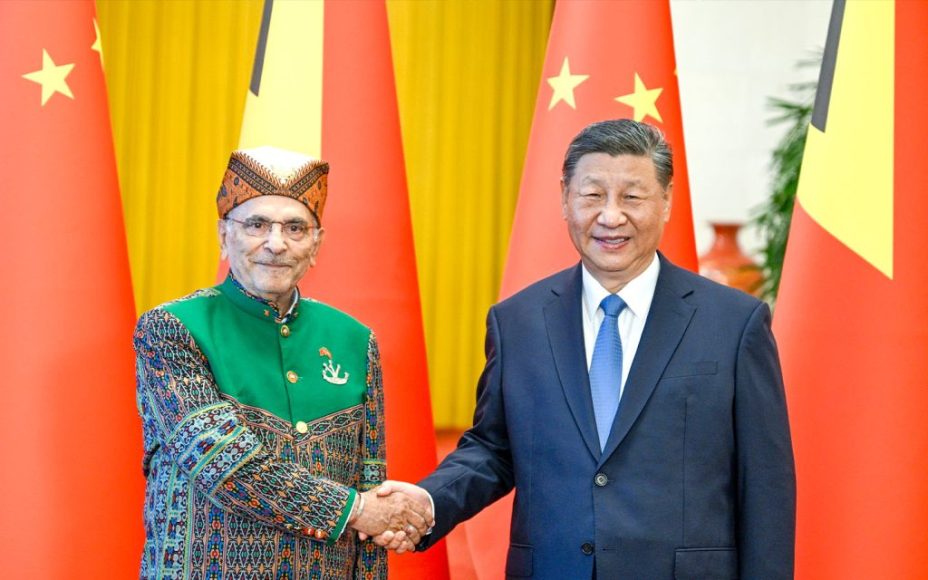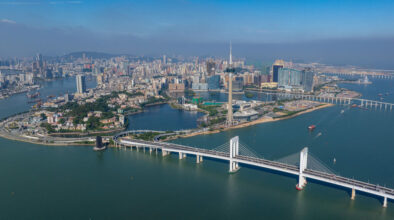Since Timor-Leste achieved independence on 20 May 2002, our relationship with China has flourished remarkably. China was not only the first country to recognise Timor-Leste as a sovereign state but also among the earliest to establish an embassy in our country. Over the years, this partnership has yielded fruit, with China funding several key infrastructure projects, including our Presidential Palace, the Ministry of Foreign Affairs and the Ministry of Defense. Additionally, Chinese firms have secured contracts worth over US$1 billion for major projects such as the Tibar port and two power plants.
In September 2023, a landmark agreement between Prime Minister Xanana Gusmão and Chinese President Xi Jinping elevated our relationship to a Comprehensive Strategic Partnership. This historic accord underscores our mutual commitment to strengthening ties. A state visit to China by President José Ramos-Horta this July, accompanied by the largest delegation ever sent by Timor-Leste, exemplified our dedication to this growing partnership. The state visit followed the country’s participation in the 6th Ministerial Conference of the Forum for Economic and Trade Co-operation between China and Portuguese-speaking Countries, also known as Forum Macao.
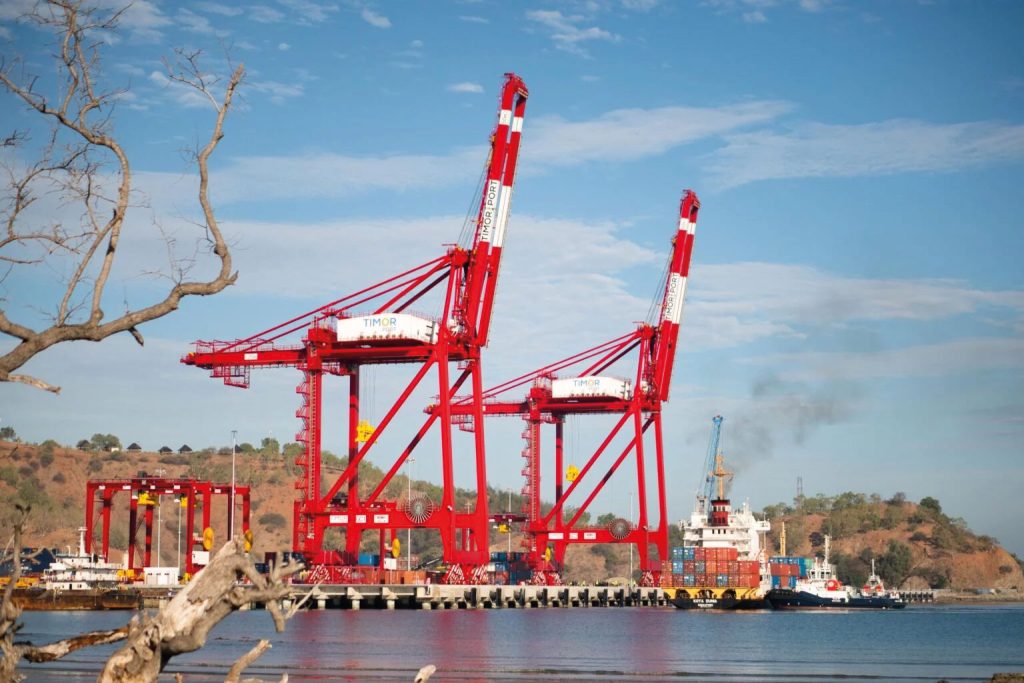
While the high-level visit signalled a promising new chapter in Sino-Timorese relations, the real challenge lies in translating these agreements into tangible outcomes. It is crucial that we move from rhetoric to concrete action, especially on our side.
China’s involvement in Timor-Leste, though significant, remains modest compared to its extensive presence in other Southeast Asian nations and Portuguese-speaking countries like Angola and Mozambique. There is considerable potential to expand our collaboration, as evidenced by the strong interest from Chinese companies in sectors ranging from oil and gas to mining, agriculture, renewable energy and tourism. Since becoming Timor-Leste’s ambassador to China last October, I have observed an almost daily influx of Chinese companies eager to explore opportunities in our country.
President Ramos-Horta has emphasised the need to develop a comprehensive strategy to maximise the benefits of our engagement with China. A key priority is to reduce our dependence on oil and gas and foster growth in agriculture. This approach fully aligns with our goals of economic diversification and job creation.
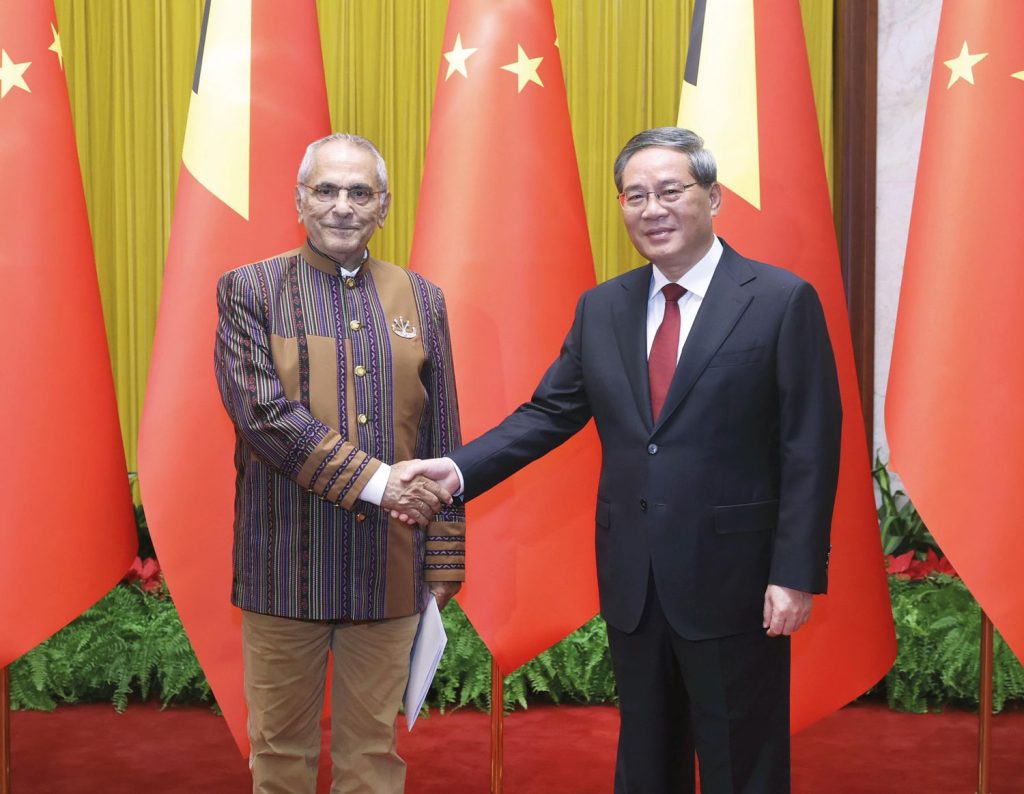
Scope for growth
Developing Timor-Leste’s agricultural sector and improving rural infrastructure could create thousands of jobs in rural areas and mitigate the large-scale migration to urban areas that is already causing serious social problems. It would also help address food insecurity in the country.
China has already assisted numerous countries in developing their agricultural sectors and has extensive experience in this area. While some Chinese enterprises have begun boosting our rice production, there is a lot of scope for growth. China’s CITIC Group, one of the world’s largest conglomerates, has offered to conduct an in-depth study that could form the basis of a national development strategy for Timor-Leste’s agriculture sector, potentially leading to investments in the hundreds of millions of dollars.
No nation is better positioned than China to support this effort. China can offer not only expertise and funding but also a valuable export market for our agricultural products, which currently is mostly limited to coffee – the country’s largest non-oil export.
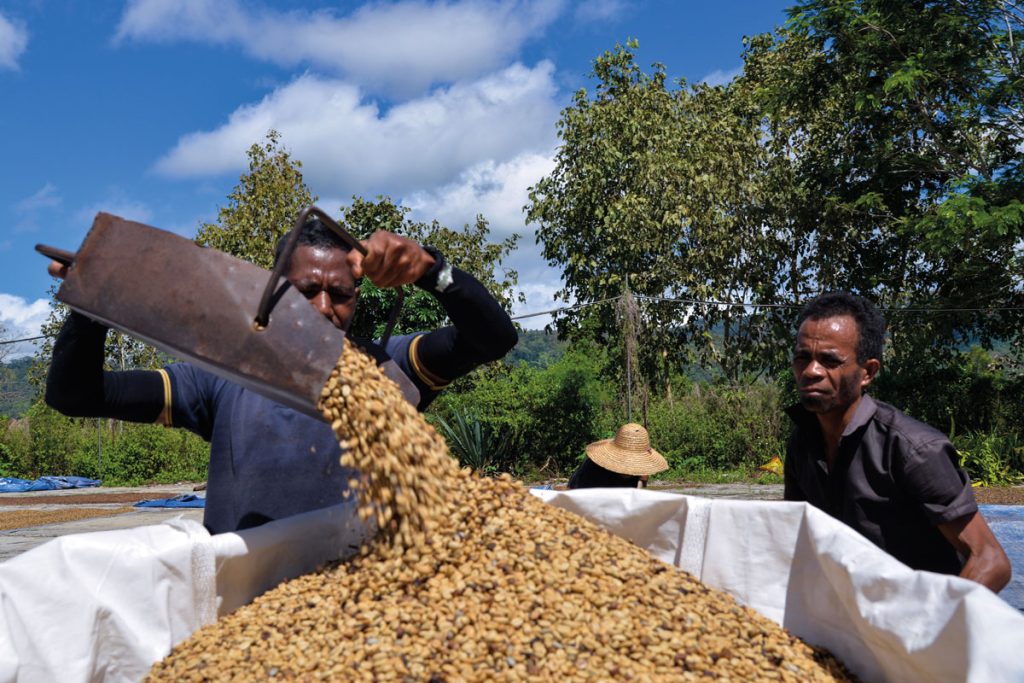
Fisheries present another area of abundant potential. Timor-Leste has over 700 kilometres of coastline, much of it unexplored. In April, the Shanghai Maritime University offered to send its advanced oceanographic research vessel to survey Timor-Leste’s maritime resources.
China, with the world’s largest and most advanced commercial shipping industry, could assist in developing our own fishing fleet. Timor-Leste is already negotiating the purchase of its first modern fishing vessel from a Chinese company.
Tourism has long been neglected in Timor-Leste, but it also brings substantial opportunities, particularly in ecotourism. Recent biological surveys led by Conservation International have found Timor-Leste to possess some of the most biodiverse waters in the world. It’s home to some 400 reef-building coral species, creating an environment similar to Australia’s Great Barrier Reef. Several Chinese companies have expressed interest in investing in hotels and other tourism facilities in Timor-Leste.
In 2019, 155 million Chinese tourists travelled abroad. If Timor-Leste could capture a tiny fraction of that market, we could generate substantial revenue and create thousands of jobs. A promising development will be the expected launch of direct flights from Xiamen, Fujian Province, to Dili.
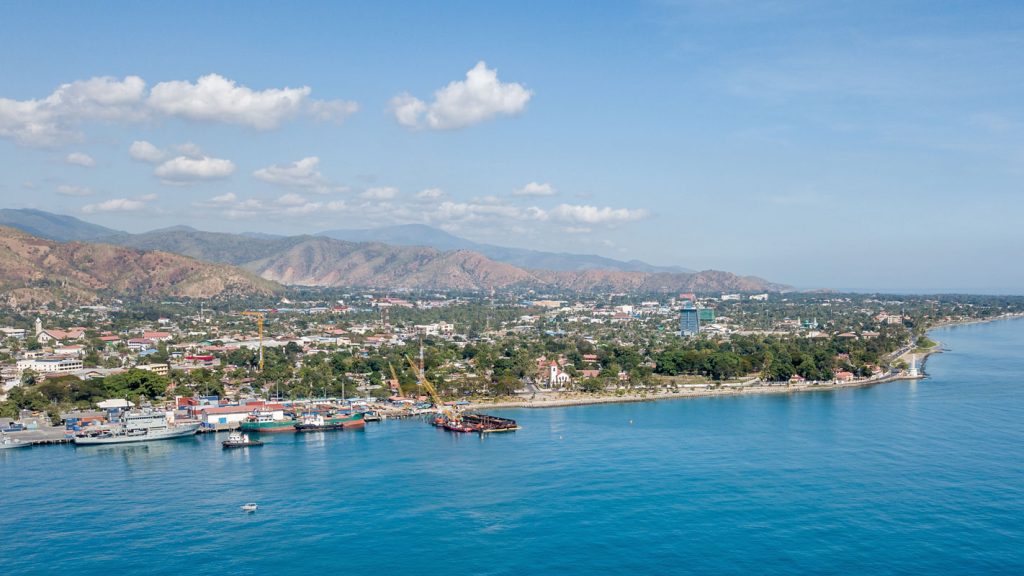
Timor-Leste’s largest and most developed industry remains oil and gas extraction, which accounts for about 80 percent of the country’s GDP. Significant untapped reserves, particularly in the Greater Sunrise gas fields off the south coast, present massive opportunities for investors. The Timorese government is seeking investors to develop these fields, and at least two major Chinese state-owned companies have expressed interest in partnering on this multi-billion-dollar project, which has the potential to create thousands of jobs.
Other opportunities include onshore oil exploration and the extraction of commercially viable manganese and gold deposits that have been identified in the eastern part of the country. Negotiations are also underway with a Chinese company to explore high-quality marble reserves.
Eager to work together
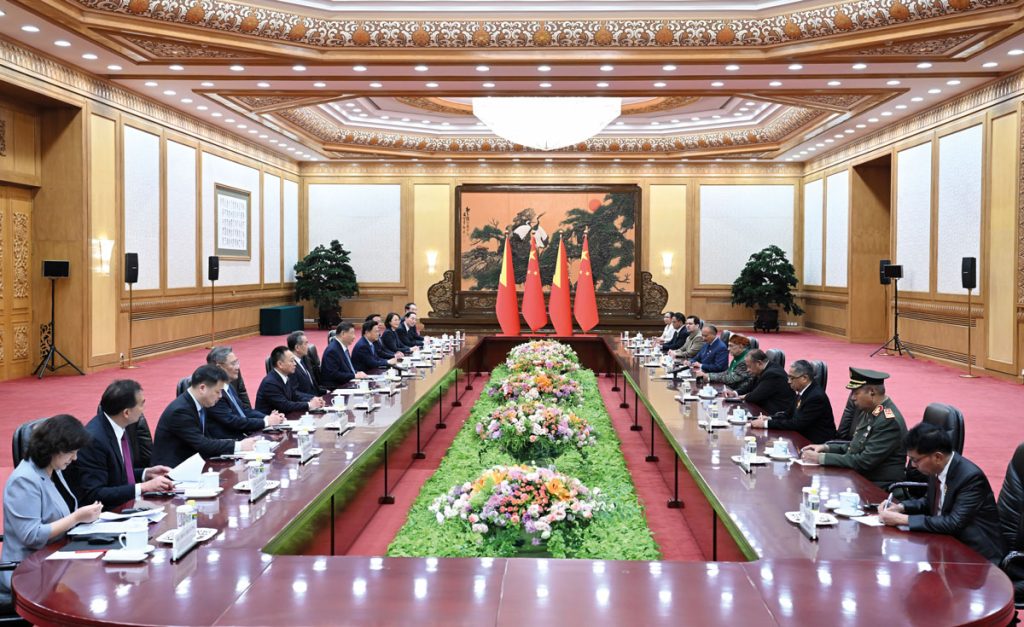
Many investors may underestimate Timor-Leste as a small market of just 1.3 million people. However, investing in Timor-Leste could open doors to larger markets. The country is expected to join the Association of Southeast Asian Nations (ASEAN) next year, providing access to one of the fastest-growing consumer blocs in the world. Timor-Leste also benefits from preferential trade agreements with the European Union and Australia, allowing for low-tariff exports of agricultural produce and other products.
While significant investment in ports, roads and telecommunications is still needed, Timor-Leste is making strides. This year, the first fibre optic sea cable linking Timor-Leste to Australia will bring us 5G connectivity. The government is also upgrading Dili’s international airport, with Chinese companies bidding for parts of the project. China has extensive experience building high-quality airports and offers highly competitive prices and efficiency.
Amid global geopolitical tensions, Timor-Leste is eager to work with China. We have very friendly feelings towards China, as demonstrated by our support for the ‘One China’ principle, the Belt and Road Initiative, and the Asian Infrastructure Investment Bank. Thousands of Chinese nationals live in Timor-Leste, and several prominent political figures have Chinese origins.
Timor-Leste and China already have the foundation for a robust Comprehensive Strategic Partnership, most recently reaffirmed in July. The two countries, one small and the other vast, have signed a range of promising agreements this year and we all look forward to seeing them come to fruition.
